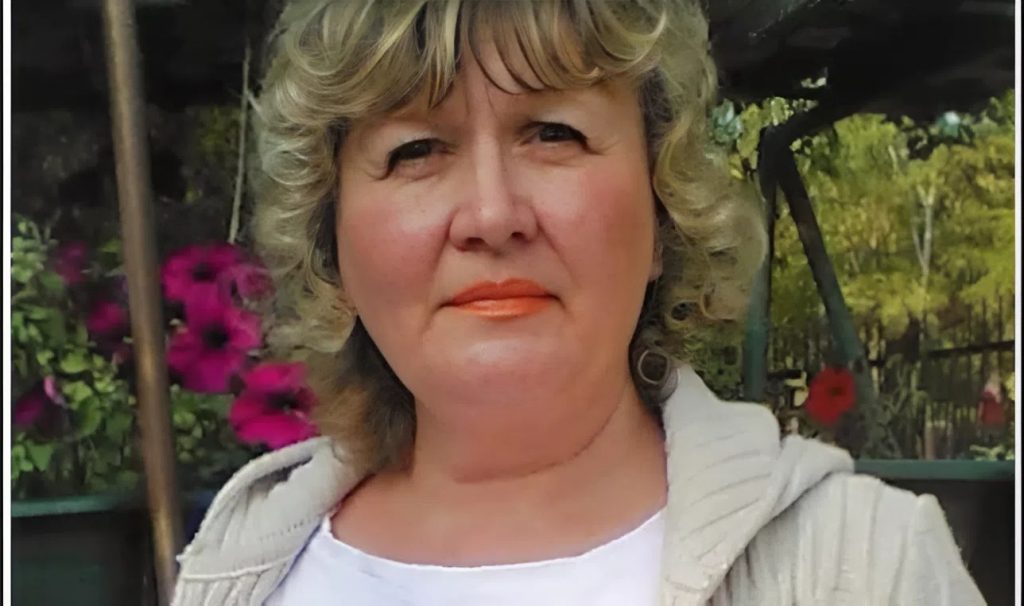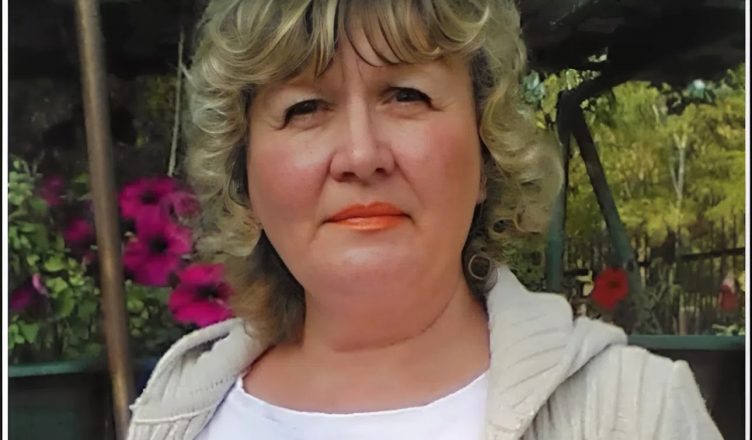Her name was Mary.
She had spent her entire life working for one purpose — her only son, Thomas. She sacrificed everything, every dream, every joy, to make sure he would never go without. To her, he was the reason to keep going, the light that made every struggle worth it.
When Thomas got married, she believed her life would finally be complete. She thought she was gaining a daughter, not losing her son.
At first, his wife, Laura, seemed kind. She smiled sweetly, called her “Mom,” and brought her flowers. But little by little, the warmth disappeared. The smiles grew colder, the visits shorter, and the distance wider.
“Mom, we’re busy this weekend,” Thomas would say.
And Mary would smile, pretending it didn’t hurt.
Then came the words that shattered her heart into a thousand pieces.
Laura said them calmly, without emotion:
“You’ll see your granddaughter again when you learn to stay in your place.”
It felt like the air had been sucked out of the room.
Her granddaughter, little Anna, was her world. Mary could still feel the softness of her tiny hands, remember the sound of her laughter, the way she said, “Grandma, you smell like cookies.” That voice haunted her in her empty house.

Days turned into weeks. Weeks into months.
The house grew quieter. Dust gathered on the toys Anna had left behind. Every evening, Mary sat by the window, holding a faded photograph of her granddaughter, whispering to the night:
“Please, let me see her one more time…”
Then, one day, everything changed.
Thomas returned from a long business trip. When he saw his mother — pale, frail, her eyes empty — something inside him broke. Without telling Laura, he packed up Anna and drove to Mary’s house.
When the old woman opened the door and saw the little girl standing there, she gasped and fell to her knees.
“Grandma!” Anna shouted, running into her arms.
Time stopped. Tears flowed freely. Mary laughed and cried all at once, holding the child so tightly as if afraid she might vanish again.
When Laura arrived later that day, her face was full of anger.
“How could you do this behind my back?” she hissed.
Thomas looked at her calmly.
“Because this is my mother. And she doesn’t deserve to die alone.”
Laura froze. Her anger melted into silence. She saw Anna sitting in her grandmother’s lap, giggling, and for the first time, she realized what she had destroyed — and what could never be replaced.
In the weeks that followed, Mary seemed to come alive again. She baked pies, told stories, and filled her home with laughter once more. For a brief moment, it felt like the past pain had vanished.
But deep down, she knew her time was ending. Her heart, broken too many times, could not heal completely.
One evening, she sat by the window and wrote a short letter. Her hand trembled, but her words were clear and full of love:
“Forgive each other. Never let pride destroy what love has built. I’ve been given my gift — I saw my granddaughter again. Now I can go in peace.”
The next morning, Thomas found her.
Mary sat in her chair, a soft smile on her face, the letter resting gently in her hands.
When Laura read it, she broke down. For the first time, her tears were real. She finally understood what she had done — and what she had lost.
From that day on, every year, Thomas, Laura, and Anna brought a candle and an apple pie — Mary’s favorite — to her grave.
Anna, now older, would whisper softly,
“I love you, Grandma.”
And people in their village still say that sometimes, late at night, a light can be seen shining from the window of Mary’s old house.
As if she never truly left.
As if she’s still there, watching over them, loving them in silence — the way only a mother can.
